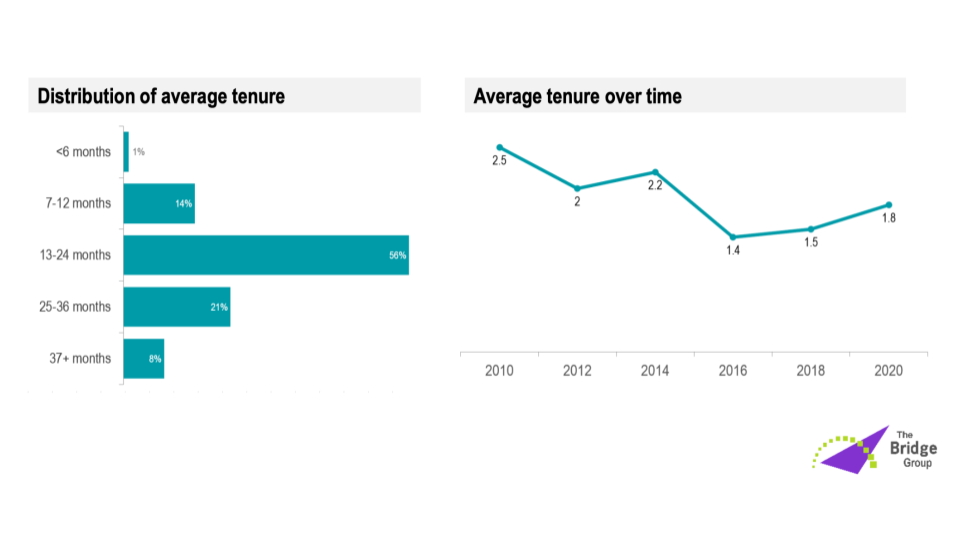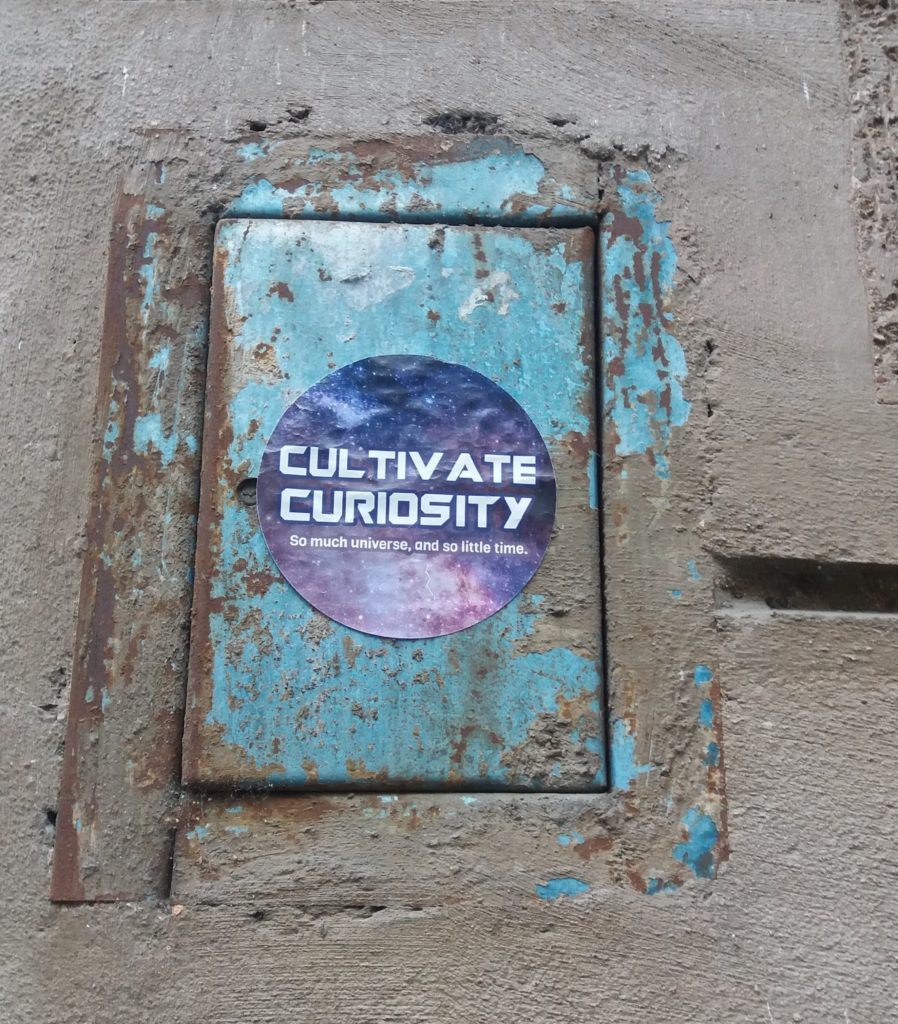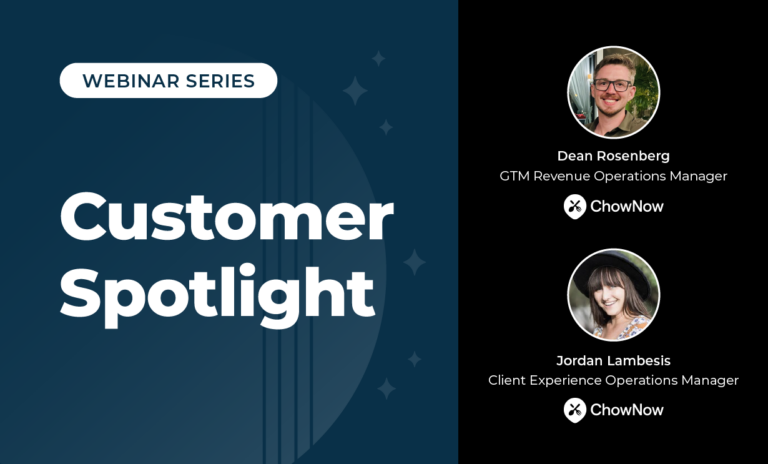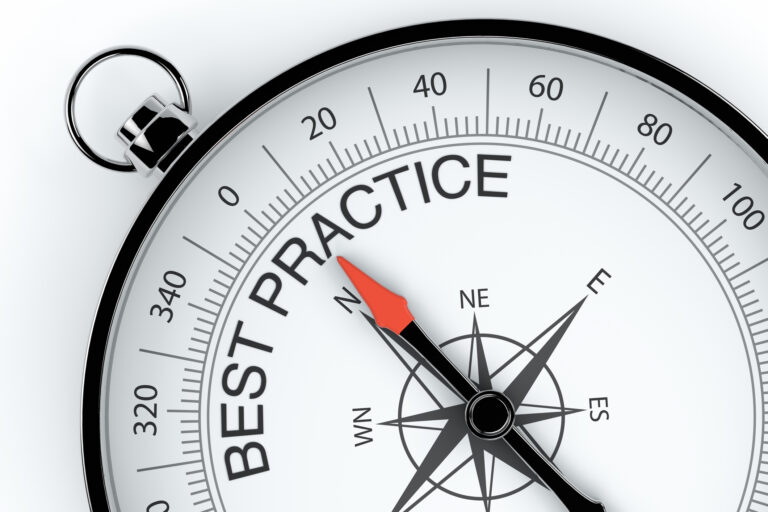In go-to-market (GTM) processes, it’s often easy to focus attention at the end of the buyer journey, where closed/won deals occur and recognition gets handed out more widely throughout the organization. However, the vast majority of those deals would never close if it weren’t for the flawless execution in the early stages of the process – and, it’s precisely there where organizations realize the value of an effective sales development representative (SDR) team.
SDRs are as equally important as the account executives (AEs) who close deals. Their job is to perform the prospecting part of sales processes, qualifying leads, executing the account based sales strategies, and setting up meetings and demos.
While an effective SDR team is mission-critical for most revenue teams, there are challenges in building and maintaining these teams. An SDR position is a true performance-based occupation. Higher performers advance quickly in their careers, while low performers are either coached up to quickly become high performers or transition into other roles. The end result is a relatively low average tenure in the position. According to The Bridge Report’s 2021 Sales Development report, the average tenure for an SDR in 2020 is 1.8 years.
 With a short tenure, you can’t afford a long ramp up period. In that same report, The Bridge Group states the average SDR ramp time to full productivity is just 3.1 months.
With a short tenure, you can’t afford a long ramp up period. In that same report, The Bridge Group states the average SDR ramp time to full productivity is just 3.1 months.
A short ramp and a short tenure means a SDR leader must have a strong SDR hiring and selection process to keep up with demand from the Sales team. However, if you find it difficult to hire a high-performing team of SDRs, you are definitely not alone.
Based on my experience as a SDR leader, I want to share the key traits I look for when recruiting SDRs to join my team.
Intellectual Curiosity
Some might simply call this “intelligence,” but I don’t think you have to be a genius to be good at sales. You do, however, have to be smart and eager enough to consistently learn. As soon as you stop learning in sales, you’re dead.
My best SDRs over the years have always had a growth mindset and an unquenchable thirst for knowledge. They ask “how” and “why” all the time, about most everything. They want to understand our products, solutions and services; why the company exists, who we serve, the pain our buyers are suffering, and how our company solves that pain. But, it doesn’t stop there.

They want to study sales. They want to know how their boss and their boss’ boss think about the business. They want to know the financials of the organization, as well as the short- and long-term goals. An SDR that is always looking to grow and learn will become one of your top people – it’s just a matter of time.
Character
I’ve never been a micromanager, unless of course, I needed to become one, at which point I’ve probably realized a poor hire was made. I hire people who demonstrate they are self-motivated and hold themselves accountable to a high standard of work performance and professionalism. And, not just because their manager or I are on top of them to do so; no, because that’s just who they are and they don’t settle for putting in an average day’s work.
When I look at my top performers on a weekly or monthly basis, they are always in the top 10 percent in terms of every meaningful metric on which an SDR is graded. Again, not because every day I preached, “make more calls.” Rather, it’s because that’s who they are as people – individuals who are honest, hardworking, self-motivated and with high character.
Coachability
Want to deteriorate your team’s culture real quick? Hire people that aren’t coachable.
I want the person who has overachieved in the past, either academically, athletically or professionally. When it comes to coachability, I like the candidates who have been recognized with awards like “Most Improved” on their high school basketball team.

SDRs are going to come into your organization with a ton to learn about your market, your product, your buyer, your sales process and your competition. If they think they know it all before they walk in the door, you’re going to be consistently fighting an uphill battle.
Hiring for character, train for skill
If you find a candidate with no experience but they possess the above three attributes … hire them! I’ll take will over skill all day, every day. Anyone who comes in eager to learn, with high character and is easy to coach, will become a rockstar for not only your SDR team, but eventually will become your next SDR Manager or Account Executive (AE) too.










